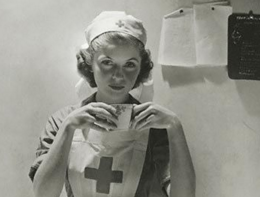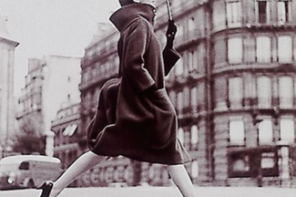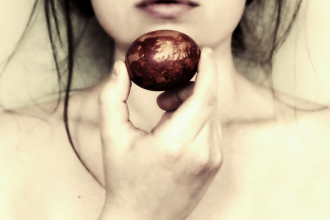My name is Agnes Fischer, and I’m a newly single, 30 something year old who is, frankly, a little bit freaked out about when, how, and if I’ll ever have babies. It’s not something I like to admit because people’s perception of the desire to be a mother when you’re a single woman is that you’re desperately searching for a man. I can assure you that is not the case. If it was, I would have just stayed in my marriage. . .
My ex and I started trying to have a baby (first without, then with medical intervention) when I was 34. And it didn’t take. Then our marriage didn’t take, and I found myself going from the mindset of ‘we’re trying to have babies!’ to ‘shit, I’m 30 something and single’ overnight. This was especially scary because I had gotten a glimpse of how difficult getting pregnant actually is (why didn’t anyone EVER tell me that?).
But I don’t want my biological clock – a clock that sometimes feels more like a time-bomb – to drive the decisions I make about my relationship status. So, rather than run from one relationship to the next in the hopes of finally settling down and starting a family, I’m considering other means of fulfillment. I’ve also realized that in order to preserve my sense of freedom and independence, I have to try and preserve my ability to have babies in the future – either as a single woman or with a partner.
I am about to embark on a journey to freeze my eggs – I call it a journey because it is. It’s a process, both emotionally, financially, and logistically. A somewhat of a mysterious process unless you’ve gone through it, done a lot of research, or have a good friend willing to talk about it. I want to unveil the mysteries, let women know, in simple terms, what’s involved, how much it costs, the good, the bad, the ugly. All of it.
But more importantly, I want to continue the dialogue we’ve recently started about egg freezing, and take it one step further to suggest that even more important than options, or at least equally important, is education about the realities of our reproductive powers – because they’re more limited than we often think.





